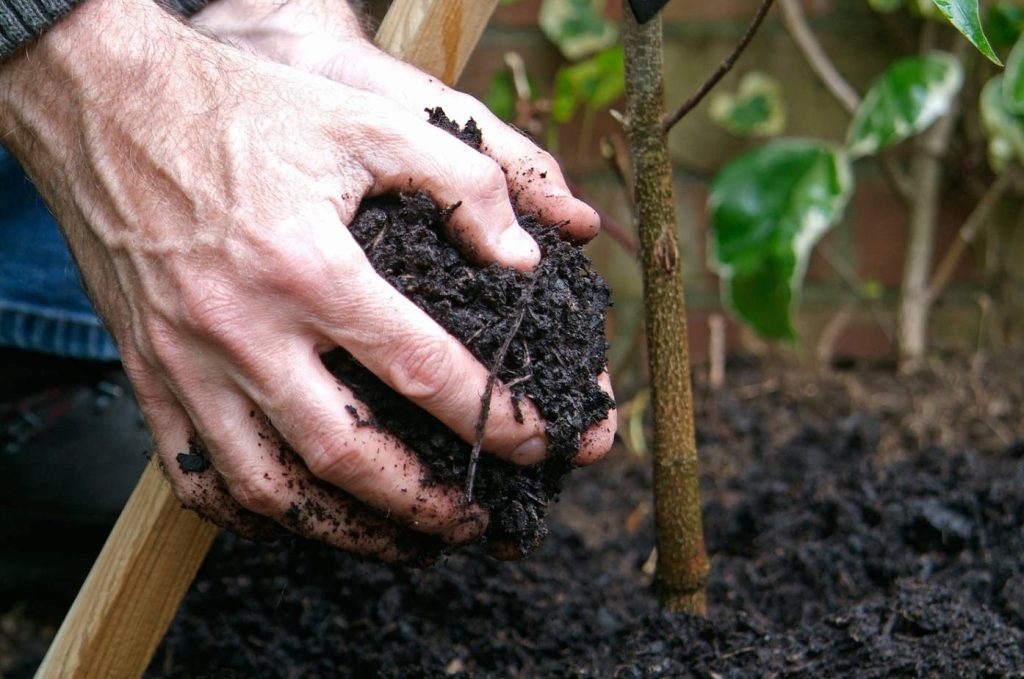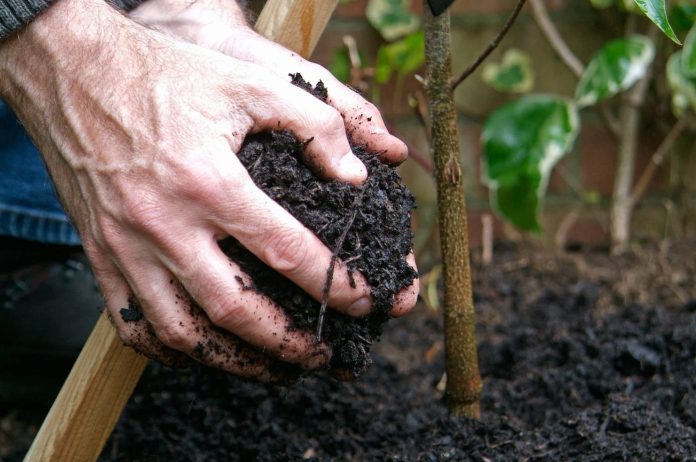Taking a step into the wondrous and green land of organic gardening for the very first time might feel a tad bit intimidating, but by keeping the helpful tips listed below in mind, you will soon find yourself growing organic plants on par with some of the best organic gardeners in the field.
Plants need room to grow. Packing too many plants in proximity to one another will make them compete for resources and you’ll subsequently either have one plant die, or have both plants grow in much worse conditions. It’s advisable to research the full size of a plant and look at how deep and how far apart the plants should be grown.
Make a handy twine dispenser from old clay pots. To always have gardening twine ready to use, take an old clay pot, and place it in your garden where you want your twine dispenser to be. Then place your ball of twine in it, and turn a second clay pot upside down. Thread the twine through the drainage hole of the upside down pot and place it on top of the bottom pot. You now have a handy dispenser!
If you want something fun to do that will benefit you in the kitchen, try growing some herbs in your window. Some herbs may not take kindly to this, but many will! In this way you have some herbs always fresh and handy, and they add a nice touch to the house.
Make sure you recycle your garden waste and organic kitchen waste to create compost for your garden. A compost heap makes an excellent soil conditioner. It can also save you a lot of money, as you won’t need to buy bags of expensive commercial compost or fertilizer to make your plants grow.

When you are trying to decide your plant watering schedules, make sure you are testing your soil regularly. Persistent over-watering is just as likely to kill your plants as under-watering. An easy way to check is to put your fingertip in the soil, if it is moist, do not add water.
Once you begin gathering produce from your garden, share it with your friends and family. It is extremely satisfying to give them a gift containing something that you made with your own hands. Seeing the pleased reactions of the recipients, also motivates you to continue working hard on your garden.
Know your climate zone. This can be the difference between a thriving garden and one that never grows. Knowing your climate zone will help you choose flowers, fruits, vegetables and trees that are perfect for where you are. This way, you get a bit of a headstart when designing a garden.
To help your plants grow faster, pre-heat the soil in your garden before you begin planting. Most plants love warm soil, and this will allow them to grow quickly. One of the easiest ways to pre-heat your soil is to cover it with black plastic, such as garbage bags or a tarp.
Wearing gloves to protect your hands is very important. It is very possible to get cut on something that is lodged in the ground if you do not wear gardening gloves. The best time to buy gardening gloves is at the end of summer when all of the gardening supplies have been put on clearance.
When first growing a garden, attempt to put as much effort into the first bed as possible. Land that hasn’t been used for a while needs an overhaul to begin changing into a viable spot for plants. Usually these regions either lack the right nutrients or consistency of soil. If you plan to make a garden out of patch, make sure that it has all the right pre-conditions to planting.
By adding a nice layer of bio-degradable material (mulch) around your plants, you can utilize the natural pest-fighting ability within the mulch to stop predators to your plants. By putting a one to two inch layer around your plants, you are also adding a source of nutrients and a source of water.
Treat your roses! To naturally remedy black spots on roses in your organic garden, use milk! For some unknown reason – using a 1:2 ratio mixture of milk and water – has been shown to get rid of black spots! Use a spray bottle to apply the mixture directly to the leaves of the affected plant.
Sometimes it’s helpful to spread grass clippings or other kinds of decomposing plant matter around your plants. The plants will decompose and allow their nutrients to go back into the soil. This same theory works for many kinds of decomposing matter such as rotten apples, eggs, and pretty much everything else that can be considered organic matter.
So, after reading and applying the helpful tips listed above, you should feel a bit more at ease in the land of organic gardening. You have the tools, and it’s time to use them. You should feel excited and ready to begin your organic gardening adventure to grow healthier organic produce.


